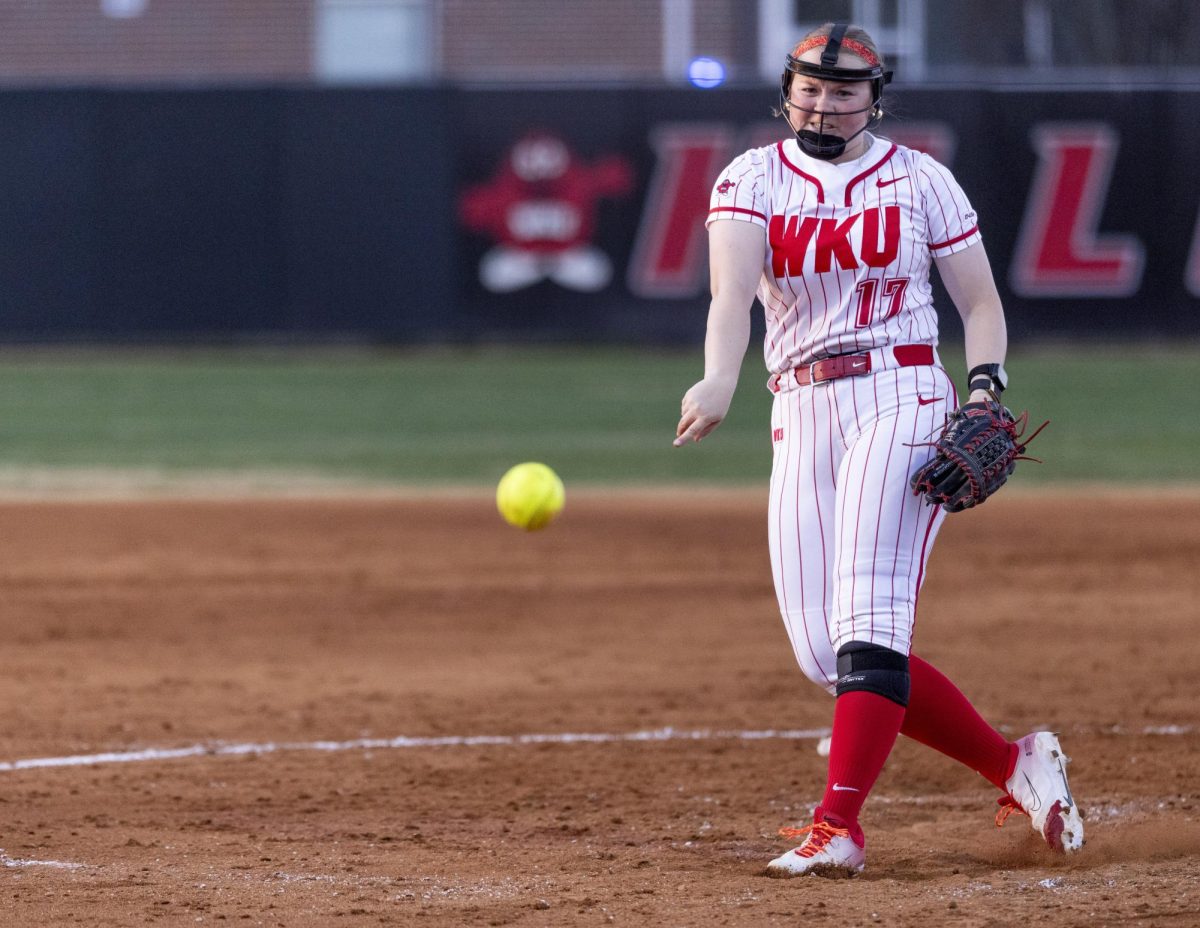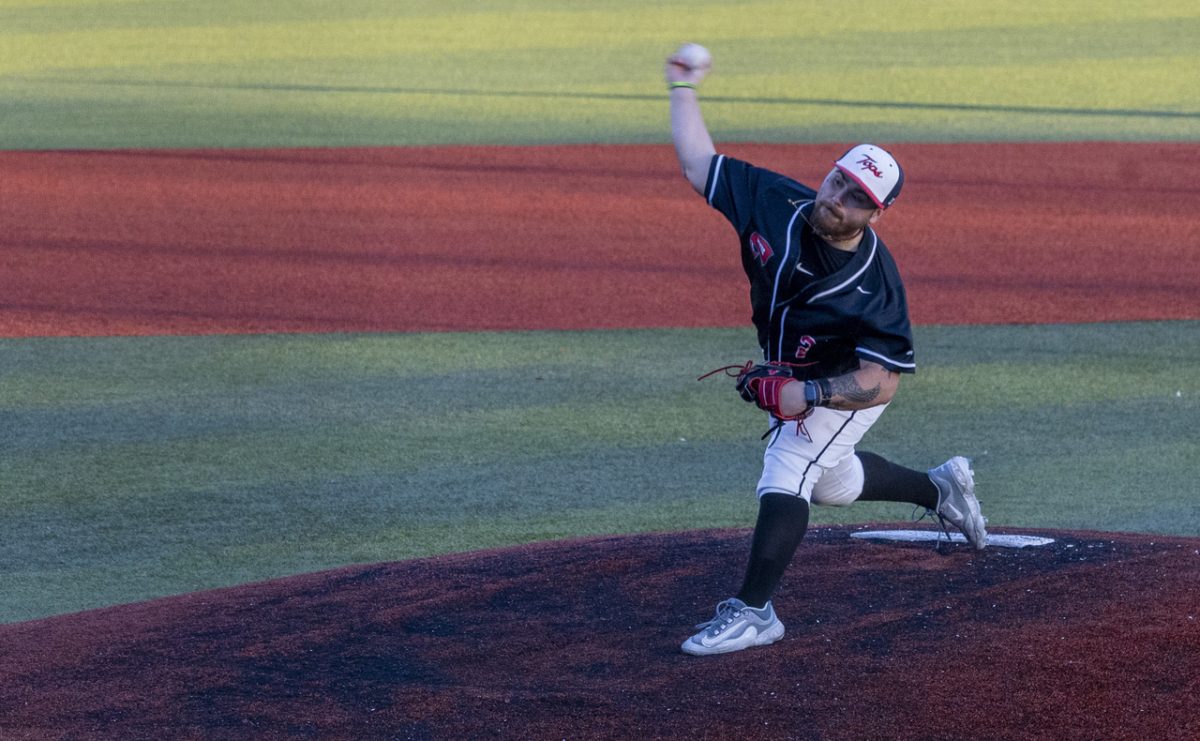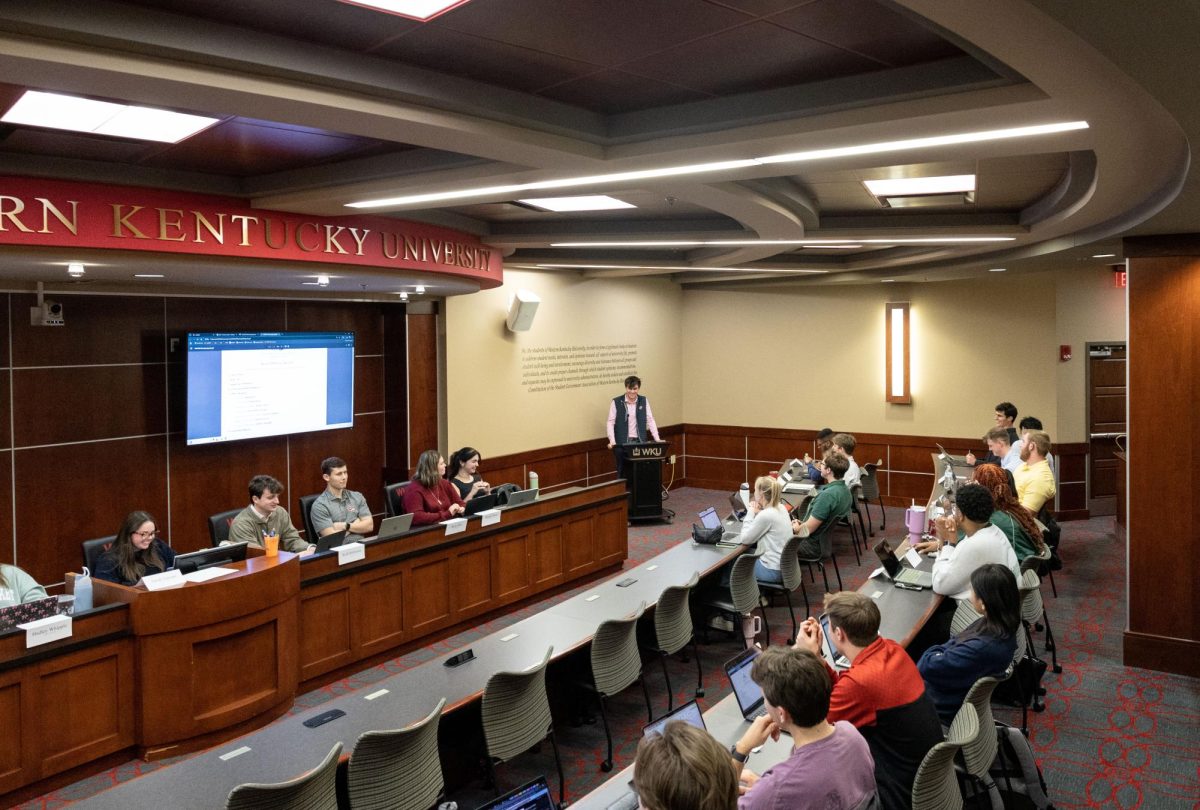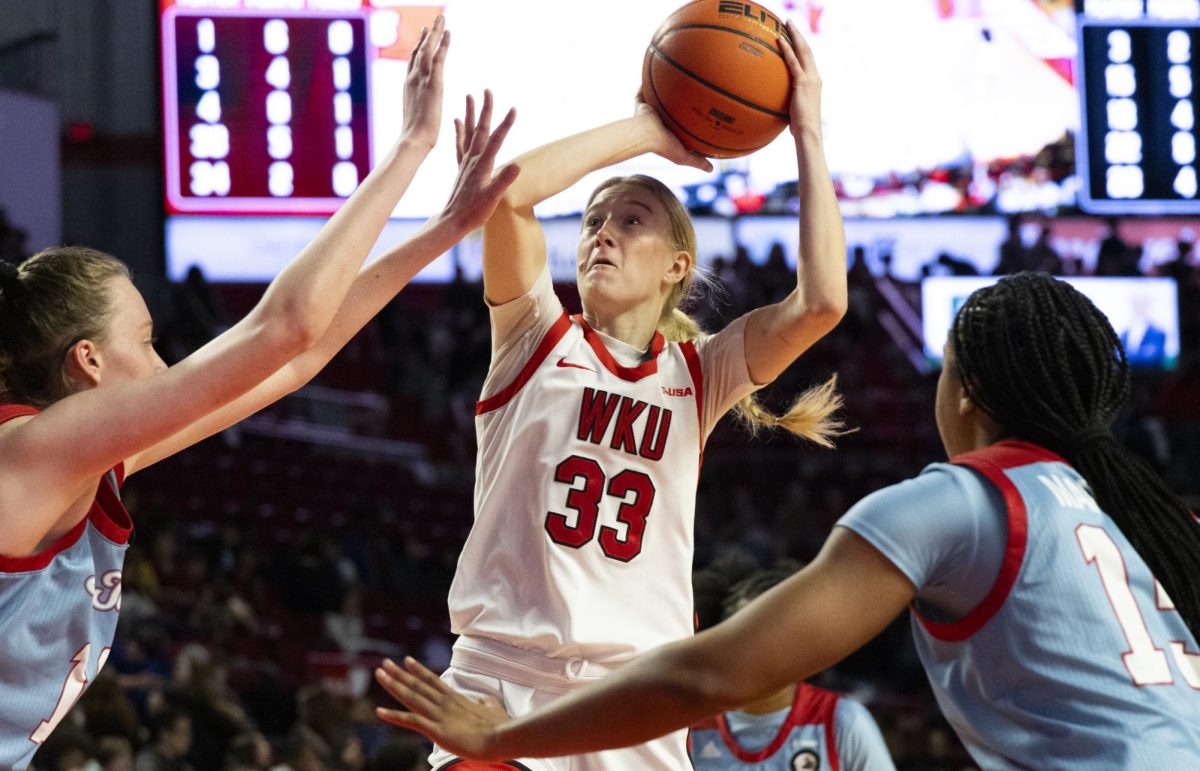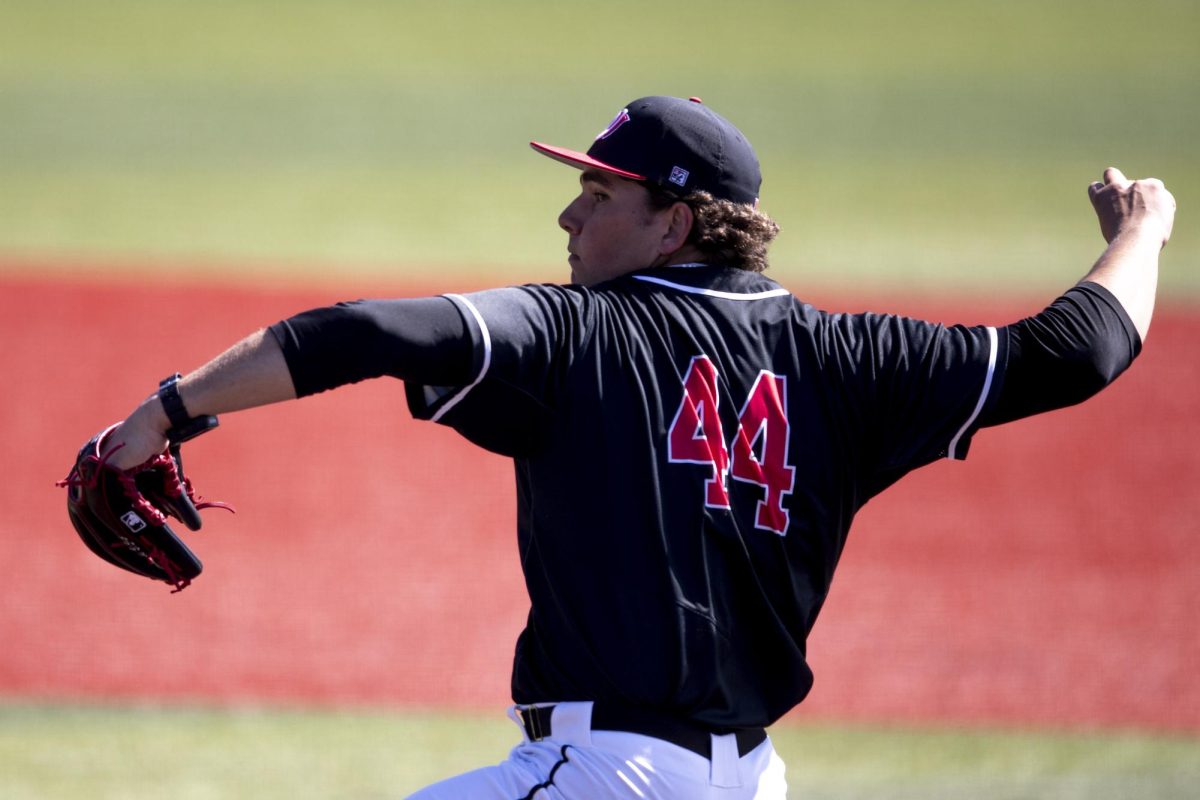Students write letters to city commissioners in support of fairness ordinance
April 9, 2019
Students met in Downing Student Union Monday to write letters to Bowling Green city commissioners in a show of support toward the Fairness Ordinance.
Students gathered for the second “Unite for Fairness” Monday night, which featured a presentation by history professor Patti Minter, members of WKU’s Student Government Association and the Queer Student Union.
Minter serves as the state representative for house district 20 and said that the fairness movement played a large role in her decision to run for office in 2018.
She had been a part of the Bowling Green fairness movement since 1999, when she wrote her first letter of support. That same year, Louisville and Lexington passed their own fairness ordinances.
“It seemed natural that Bowling Green became a part of that movement,” Minter said.
The Human Rights Commission began having hearings and solicited letters to get people to tell them why they wanted fairness ordinances and recommended to Bowling Green that it should pass fairness ordinances.
“In 2004, Kentucky was one of 11 states that passed an amendment that passed an amendment that constitutionally banned same sex marriage,” Minter said. “It defined marriage legally as being between one man and one woman.”
Bowling Green was then known as one of the hubs of the “vote no on the amendment” movement, Minter said, and the student led movement suffered a resounding defeat on election night.
According to Minter, there was a movement to bring domestic partner benefits to campus in 2010.
“It was bad for business,” she said. “There were people turning down faculty appointments because they couldn’t come with their partners and have them on insurance.”
The faculty and student coalition at WKU revived the movement on campus in 2011. It was based through WKU’s community but branched out into the wider Bowling Green community.
The movement had their first action at the Bowling Green City Commission in 2012. Now, there is a monthly fairness meeting on campus in Cherry Hall.
Before the presentation was passed to a student presenter, Minter reminded students on what to think on while writing their letters to city commissioners.
“As you write these letters tonight, you are part of that history,” Minter said.
Patrick Murphy, a member of WKU’s Queer Student Union, said the purpose of the fairness ordinance is to get people to support others that aren’t in a good position to get jobs.
“It’s really important,” Murphy said. “It’s just as important for everybody to be involved, all the community members to stand up whether you’re part of the LGBT community or an ally.”
Murphy said he’s lived in Bowling Green all his life.
“To see it prosper is kind of my dream in every aspect, whether it be through LGBT awareness,” Murphy said. “In that aspect, just seeing the town grow as well as my friends and family and people I know that are in the community grow.”
Murphy said that the fairness ordinance was not just an issue of LGBT acceptance but for people that are discriminated against in every aspect, including people of color, agism and sexism.
Noah Moore, the director of public relations for the SGA, said the fairness ordinance was a great way to bridge the gap between different communities in Bowling Green.
Moore said that the absence of the fairness ordinance was affecting Bowling Green’s LGBT community.
“It’s very important that we are ensuring that people are brave enough to express themselves as members of the LGBT community and that they aren’t going to be persecuted for their bravery,” Moore said.
Moore said the group’s letters would impact city commissioners more than an email or phone call.
“A handwritten letter from someone who is telling you their story in their handwriting and telling you how this would affect them and their experiences will add a personal touch to such an important issue,” he said.
Amanda Beavin helped organize last semester’s “Unite For Fairness” event alongside Moore and previously worked for the Center for Citizenship and Social Justice.
Beavin said that she was an ally to the LGBT community, and worried for her friends within the community.
“I’m going to be living in an apartment with three gay males next semester and just the thought that they could be evicted without protection, without the ability to contest it, is really disheartening to me,” Beavin said.
Reporter Abbigail Nutter can be reached at 270-745-6011 and abbigail.nutter168@topper.wku.edu.











